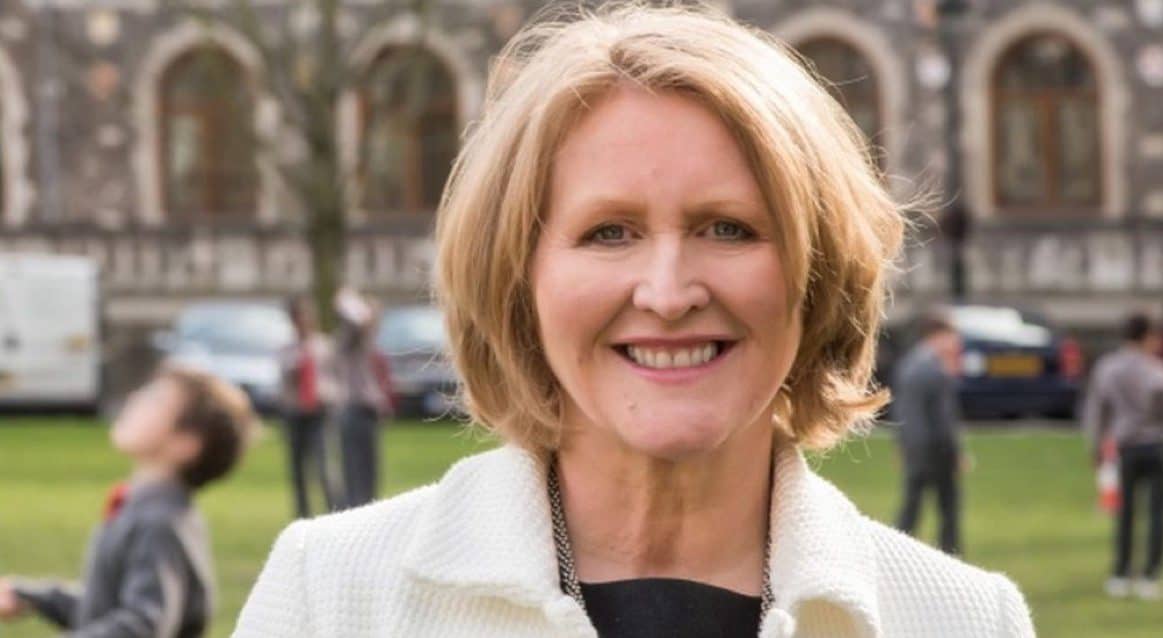
Many young people with mental health conditions are either missing out on NHS treatment altogether or facing unacceptably long waits – and there is an urgent need to boost staff numbers to tackle the problem.
That is the conclusion of a report compiled by MPs in the Public Accounts Committee (PAC), which says that while the government has pledged to end the imbalance between the provision of physical and mental health services “it is still unclear what this means in practice.”
The report says in 2017-18 just three in 10 children and adolescents with a mental health condition were able to get NHS-funded treatment, while at the same time mental disorders seem to be on the rise with recent estimates suggesting they affect one in eight (12.8%) of all five- to 19-year-olds.
The increase in adolescent mental health problems can be seen in snapshot data looking at 15-year-olds, which suggests 5.8% currently have an emotional disorder up from 3.9% in 2004, says the PAC report. Need is clearly rising, but investment and services haven’t kept up.
A big omission in the NHS’ new Long Term Plan, which among its many targets includes plans to provide a 24/7 community-based mental health crisis response, is detail on how the government plans to tackle the workforce crisis facing the UK health sector.
Getting the right workforce in place is the biggest barrier to the government’s ambitions for children and young people’s mental health services, says PAC, adding that there has been little change in the number of people working in the mental health workforce since the government introduced its Future in Mind plan in 2015.
“The recurring issues with recruitment and retention of NHS staff remain unchanged and it is clear that the government’s inability to increase the number of mental health nurses is a roadblock to progress in this area,” says the PAC.
Recent estimates suggest that on average one in 11 NHS posts in England vacant in the last 12 months, equivalent to more than 100,000 staff in a workforce of 1.2 million, and there are big concerns about staff retention across the skills spectrum right up to senior consultants.
PAC chair and Labour MP Meg Hillier said that difficulties in accessing CAMHS “can be devastating for people’s life chances; their physical health, education and work prospects.”
She added that the NHS “must accelerate efforts to ensure it has the right staff with the right skills in the right places.”
The committee wants to see annual updates on staffing levels to see if plans to increase the child and adolescent mental health services (CAMHS) workforce of around 11,300 by a further 4,500 staff are being met.
Other recommendations include the publication of a cross-departmental plan laying out how the government’s targets will be achieved, with an emphasis on prevention and early intervention which to date has lagged behind NHS treatment.
The British Medical Association (BMA) said the report is “very concerning” and shows that “young people are continuing to be failed by the system.”
“It is clear from this report that efforts to tackle the workforce crisis in mental health must be ramped up, though the apparent lack of detail on workforce in the government’s 10-year plan is particularly concerning and must be rectified,” said BMA consultants committee deputy chair and NHS child and adolescent psychiatrist Dr Gary Wannan.
“With mental health care accounting for almost a quarter of overall activity in health and social care, the £2.3bn allocation for mental health as part of the Long Term Plan is not proportionate to the amount needed and will not facilitate genuine parity between mental and physical health services.”
The BMA cites a recent survey of CAMHS professionals revealing that over nine in ten felt that it was poorly funded and nearly six in ten felt that this had negatively impacted on their ability to do their job.
Other groups have welcomed the 10-year plan’s ambition, but also say that it lacks detail about the resources and reforms needed to meet its objectives.

Anne Longfield
Anne Longfield, the Children’s Commissioner for England, said it “will improve access to CAMHS for more children, but…the government must be more ambitious about the resources and reforms needed to ensure every child who needs support receives it, when they need it.”
“That will require policies like an NHS-funded counsellor in every school to identify and tackle problems early, and closer parity between what is spent on adult and child mental health services,” she added.
Meanwhile, Barnardo’s chief executive Javed Khan said: “we particularly welcome the focus on early intervention, as no child should have to reach crisis point before getting the help they need” but stressed that the government “must not underestimate the scale of the challenge and the need for sufficient resource now and in years to come.”




